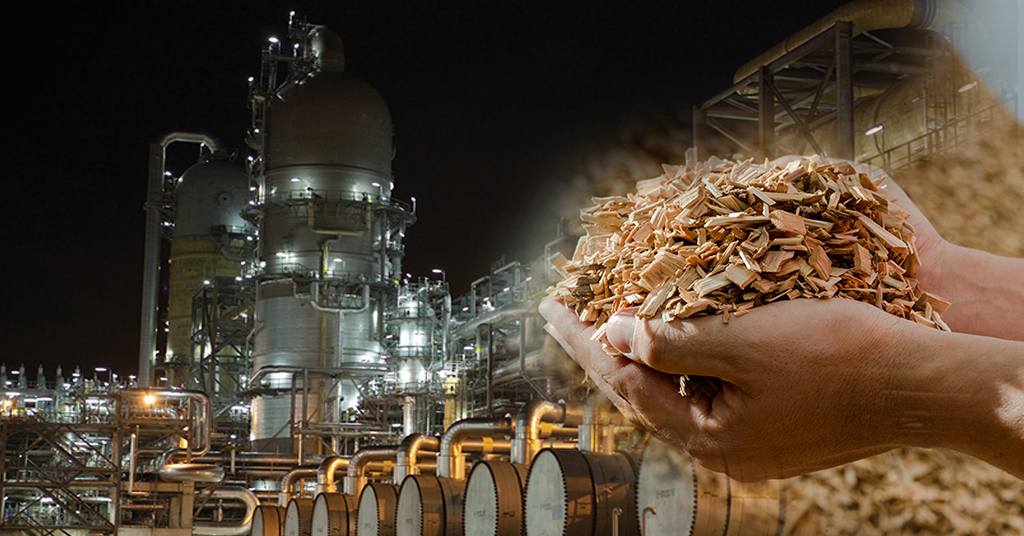Welcome To ChemAnalyst

Hamburg, Germany- Major Petrochemical manufacturing units in Germany suffer from high utility costs amid ongoing geopolitical tension between Russia and Ukraine. Rising coal and Natural Gas prices and a drop in power generation increased the energy and utility costs. With the week ending on 17th June, the price of Methanol in Germany surged to USD 660/ton FD Hamburg with a weekly inclination of 1.5%. High energy costs and affecting production rates dented the major enterprises' margins, narrowing profit and sales.
Recession restores a higher edge of limit and inventories in crude and refining, resulting in descending strain on costs and margins. European Methanol inventories fell as traders started to buy the product in bulk which surged the prices.
Disruption in supply/demand dynamics also surged the spot prices on the back of rising values in Northeast Asia and Northwest Europe.
Upstream Natural Gas prices also rose with strong market sentiments after the sudden fall due to the shutdown of (Liquefied Natural Gas) LNG terminal at Freeport. With the week ending on 17th June, the price of Natural Gas surged to USD 130 Mw-hr with surging Title Transfer Facility (TTF), with the weekly average of USD 27.70MMBtu.
Methanol costs in the domestic market are rising with a demand lift and deficient stockpile. On 20th June, the joint endeavor between Stena Bulk and Proman, a global methanol producer received its first Methanol fueled newbuild vessel. It is expected to stack methanol marine fuel in Ulsan, South Korea, before starting business operations.
According to ChemAnalyst, the price of Methanol is expected to surge with supply shortages in the regional market. In the forthcoming weeks, the Methanol industry in Europe will see an increase in consumption from its downstream derivatives market. Fluctuations in upstream Natural Gas prices will oscillate the market dynamics of Methanol. European Union (EU) is expected to ban 90% of Russian oil imports by the year-end and is expected to fulfill its market demand from the US and Saudi Arabia.
We use cookies to deliver the best possible experience on our website. To learn more, visit our Privacy Policy. By continuing to use this site or by closing this box, you consent to our use of cookies. More info.
